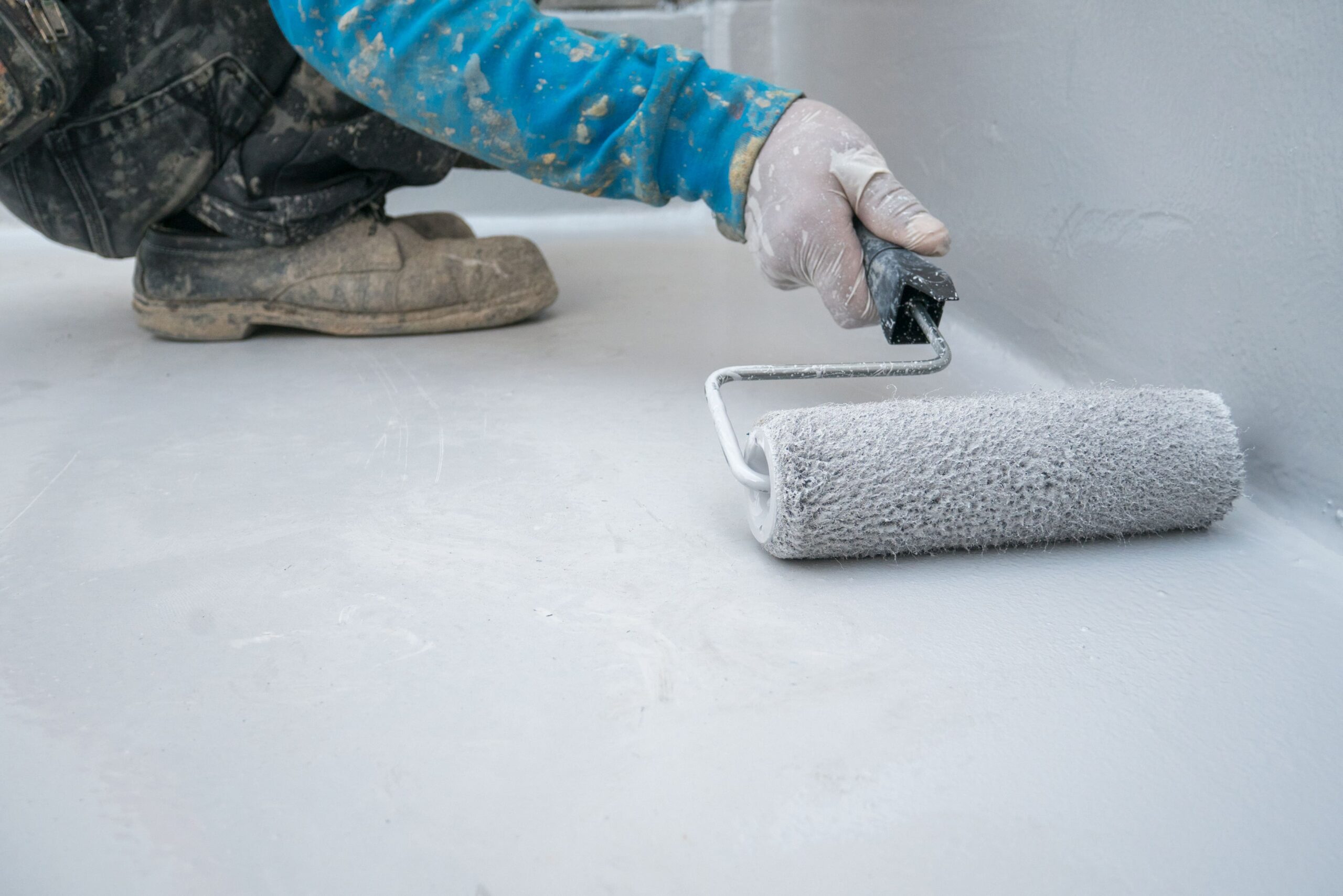
Waterproofing Chemical: A Shield of Protection for India’s Buildings and Infrastructure
India’s diverse climate and extreme weather conditions can pose significant challenges for the durability and longevity of buildings and infrastructure. The monsoon season brings heavy rainfall, and coastal regions face the corrosive effects of saltwater. In such conditions, waterproofing becomes a vital aspect of construction and maintenance. This blog post explores the significance of waterproofing chemicals in India, their applications, and the role they play in preserving the nation’s buildings and structures.
India’s Unique Waterproofing Challenges:
India’s geographical diversity means that the waterproofing needs vary across different regions. In coastal areas, structures are exposed to salt-laden air, which can lead to corrosion and deterioration of concrete and metal surfaces. In the monsoon-prone regions, excessive rainfall can result in water seepage and damage to building foundations, roofs, and walls. Effective waterproofing solutions are essential to combat these challenges and ensure the long-term integrity of structures.
The Advantages of Waterproofing Chemicals:
A. Water Damage Prevention:
Waterproofing chemicals create a barrier that prevents water from infiltrating surfaces, thereby safeguarding buildings from structural damage and mold growth.
B. Enhanced Durability:
The application of waterproofing chemicals significantly increases the lifespan of buildings and infrastructure, reducing the need for frequent repairs and maintenance.
C. Cost-Effectiveness:
Investing in waterproofing chemicals proves to be cost-effective in the long run, as it minimizes the need for expensive repairs due to water-related damage.
D. Sustainable Construction:
Waterproofing chemicals contribute to sustainable construction practices by preserving building materials and reducing waste through early damage prevention.
Common Waterproofing Chemicals and their Applications:
A. Cementitious Waterproofing:
Ideal for basement walls and floors, swimming pools, and water tanks, cementitious waterproofing chemicals form a dense and impenetrable barrier when applied to concrete and masonry surfaces.
B. Bituminous Waterproofing:
Widely used for roof waterproofing, bituminous chemicals create a flexible and durable membrane that protects against water ingress, UV radiation, and temperature fluctuations.
C. Polyurethane Waterproofing:
Appropriate for surfaces subject to movement, such as terraces and balconies, polyurethane-based chemicals provide exceptional flexibility and resistance to weathering.
D. Acrylic Waterproofing:
Acrylic waterproofing chemicals offer excellent UV resistance and breathability, making them ideal for external walls, facades, and exposed surfaces.
E. Liquid Applied Membranes:
Liquid applied membranes are versatile waterproofing solutions that can be used for roofs, balconies, bathrooms, and wet areas, offering seamless protection against water intrusion.
Key Waterproofing Projects in India:
A. High-Rise Buildings:
The booming real estate sector in India has witnessed an increasing number of high-rise buildings. Waterproofing chemicals play a crucial role in ensuring the longevity of these structures, protecting them from rainwater and humidity.
B. Infrastructure Projects:
From bridges and flyovers to highways and tunnels, infrastructure projects require robust waterproofing solutions to withstand the effects of water, temperature variations, and traffic loads.
C. Heritage Conservation:
India’s rich cultural heritage includes historic monuments and temples that need protection from water damage. Waterproofing chemicals are used in restoration projects to preserve these architectural marvels for future generations.
The Role of Waterproofing Chemical Manufacturers in India:
India boasts a thriving construction industry, and the demand for high-quality waterproofing chemicals is ever-increasing. Domestic manufacturers play a vital role in meeting this demand by producing innovative and sustainable waterproofing solutions tailored to India’s specific climatic conditions.
Advancements in Waterproofing Technology:
As technology continues to advance, so do waterproofing solutions. Manufacturers are developing eco-friendly and high-performance waterproofing chemicals that cater to the unique requirements of Indian construction projects. This evolution ensures that buildings and infrastructure in India receive cutting-edge protection against water-related challenges.
Conclusion:
Waterproofing chemicals are not only essential for safeguarding buildings and infrastructure in India but also contribute significantly to sustainable construction practices. From coastal regions to monsoon-prone areas, these chemicals play a critical role in preserving India’s architectural heritage and ensuring the long-term durability of modern structures. As India continues to witness rapid urbanization and infrastructure development, the role of waterproofing chemicals becomes even more crucial. By embracing innovative waterproofing solutions and investing in quality products from reputable manufacturers, India can build a future of resilient and enduring construction.







